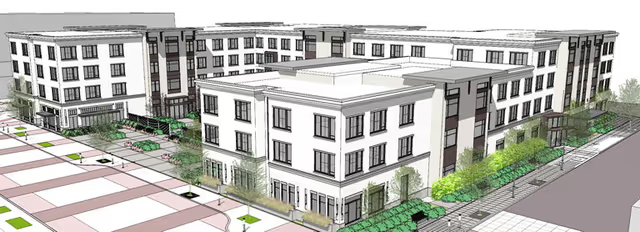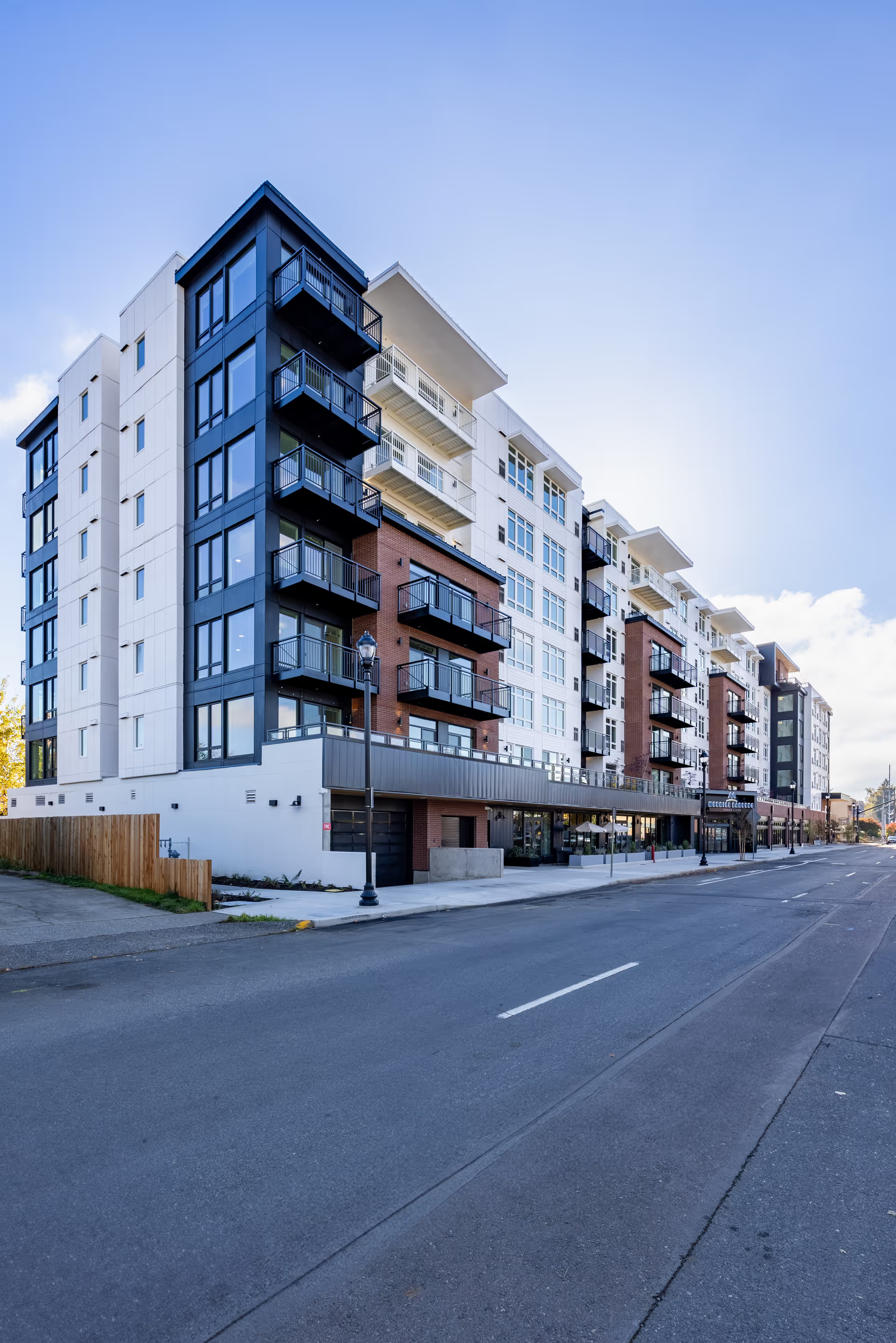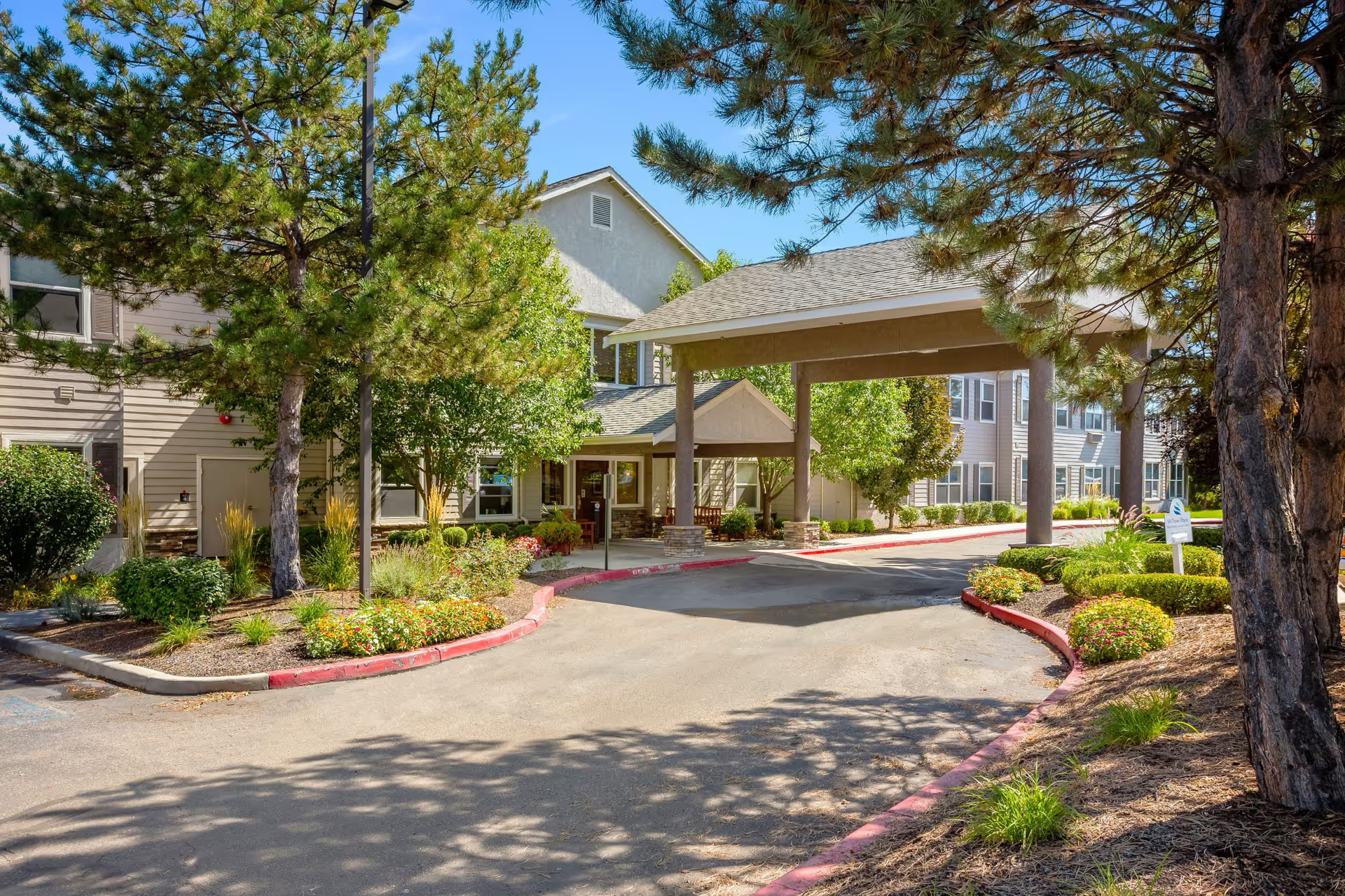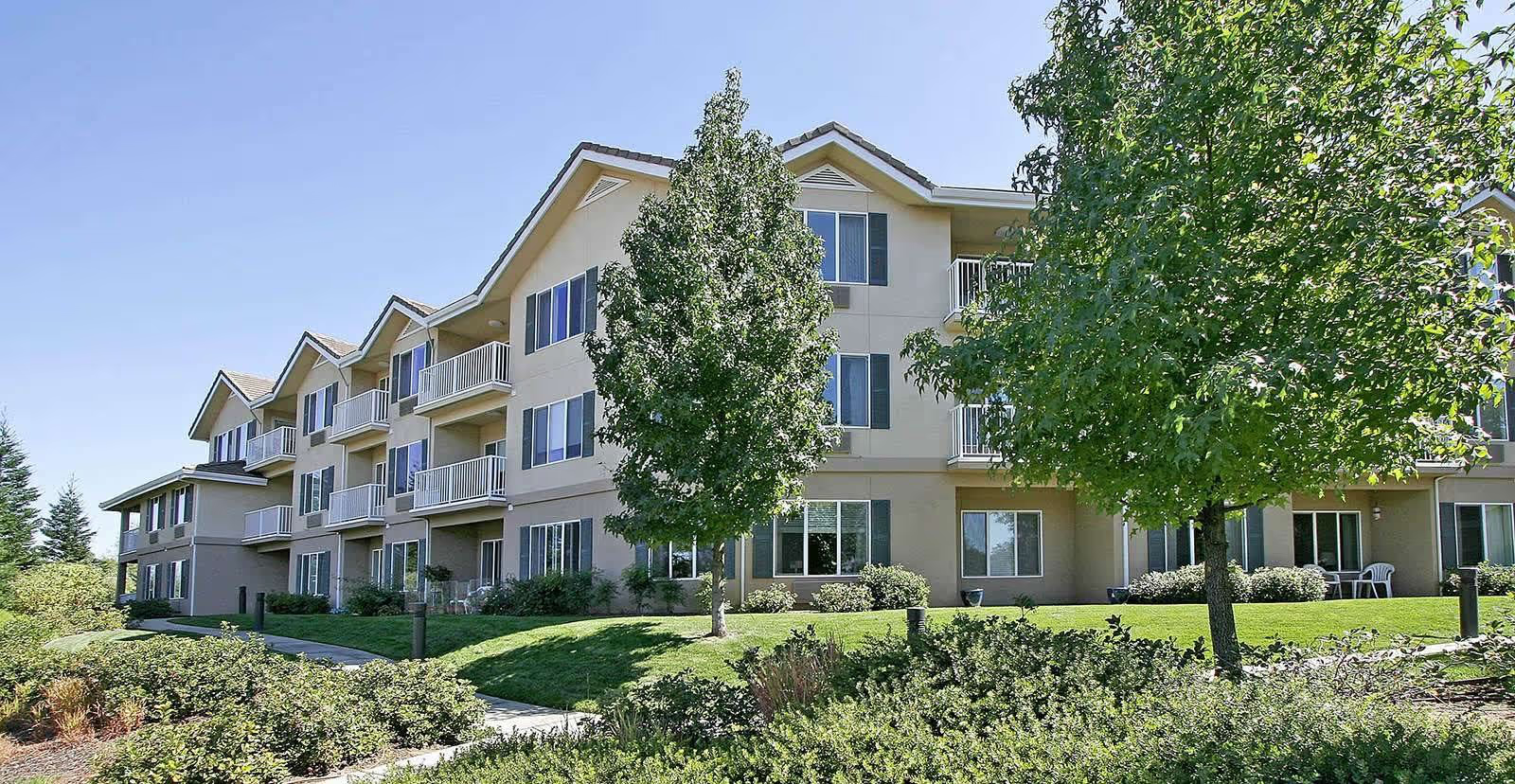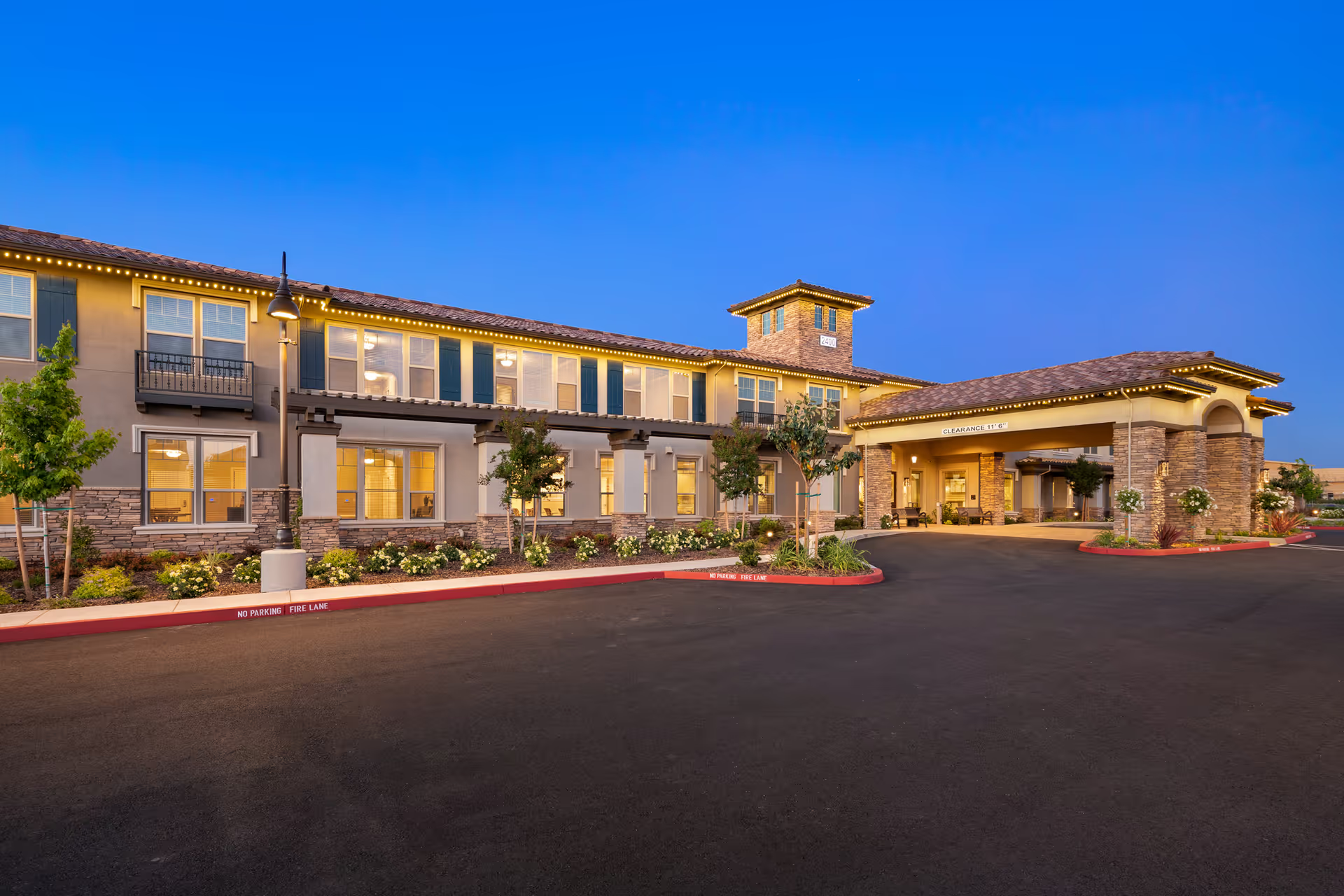Overall sentiment and patterns The reviews for Grandview Assisted Living are strongly polarized, revealing two distinct narratives. A substantial portion of reviews describe deeply troubling conditions: unsafe or unsecured building access, pervasive odors of urine and feces, visible fecal smears on carpeting, and reports of residents being left outside or otherwise neglected. These accounts frequently pair claims of poor hygiene and sanitation with allegations of abusive staff behavior — yelling, use of expletives, and cruel treatment — and assertions that staff appear overworked, untrained, or only there 'for the paycheck.' Many reviewers call out disorganization and poor management, reporting ignored phone calls, lack of a formal complaint process, arbitrary policies (described as 'prison-like'), and inconsistent or dishonest communication from administrators. Some reviewers explicitly said they intended to report the facility to state authorities or urged others not to place loved ones there. Extreme, emotionally charged comments (e.g., residents would be 'better off dead') point to highly distressed families and suggest significant breakdowns in perceived safety and respect for residents in several accounts.
Conversely, a substantial minority of reviews are strongly positive, describing attentive, compassionate staff members, clean and well-maintained spaces, engaging activities, and a welcoming, family-like atmosphere. These accounts highlight specific strengths: a knowledgeable administrator who keeps families informed, particular staff praised by name (e.g., Raman), improved outdoor patio spaces, wellness/spa rooms, good responsiveness to call buttons, and a sense that residents are well cared for and enjoy a lively environment. Multiple reviewers explicitly call Grandview a standout choice and commend the owners and staff as hardworking and helpful. These positive reviews describe quality senior living experiences with exceptional care, suggesting that some residents and families experience reliable, compassionate care.
Care quality and staffing A major recurring theme is inconsistency in care quality. Reviews reporting neglect cite understaffing, lack of monitoring (including allergy oversight), limited personal care (reports of only two showers per week), and even theft of resident food packages. These problems are described as systemic — tied to scheduling, poor management, and staff turnover — rather than isolated incidents. Positive reviews, however, report attentive caregiving, good staff-resident relationships, and effective oversight. The contrast suggests variability in staffing levels, training, or supervisory consistency across shifts, units, or time periods. Several reviewers explicitly cite overwork and poor treatment of employees, which could help explain the uneven experiences.
Facilities, cleanliness, and safety Sanitation and safety are among the most serious concerns in the negative reviews. Persistent urine and feces odors, fecal smearing, and other sanitary lapses were described as unacceptable by multiple reviewers, while other families described the facility as clean and well-maintained. Security and entry procedures are also inconsistent in reports: some reviewers say there is no front desk, doors can be opened by anyone, and signage is inadequate — all raising safety concerns. Conversely, other reviewers note facility improvements such as upgraded patios and attractive common areas. The mixed descriptions indicate that cleanliness and safety may vary substantially by wing, floor, staff shift, or over time.
Management, communication, and policies Complaints about management reappear repeatedly: unresponsiveness, contradictory explanations, apparent dishonesty, and arbitrary rule enforcement (including restricted visiting hours and service animal policy disputes) are commonly mentioned. Positive reviews highlight a communicative, knowledgeable administrator who keeps families in the loop, suggesting that management interactions are a critical determinant of family satisfaction. Several reviews mention attempts to address problems that were ignored or inadequately resolved, pointing to a weak or ineffective grievance process. There are also accusations of unfair employment practices and abrupt schedule changes or firings, which reviewers link to staff morale and care quality.
Dining, activities, and resident life Accounts of meal service and activities are mixed. Negative reviews allege food shortages, staff taking residents' food packages, and inadequate portioning (no seconds), which contribute to concerns about neglect and welfare. Positive reviews describe engaging activities, lively common spaces, wellness/spa amenities, and a supportive social environment. Some reviews specifically state minimal activity programming and a depressing atmosphere, while others report a vibrant social calendar. This inconsistency suggests variability in programming or uneven implementation across the facility.
Patterns, credibility concerns, and practical implications Two patterns stand out: 1) frequent and repeated claims of understaffing, poor management, and sanitation issues that correlate with reports of neglect or abuse; and 2) a set of positive, often specific reviews praising staff and administration, indicating that good experiences do occur there. Several reviewers also raised the possibility of paid or biased positive reviews, which introduces questions of credibility and reinforces the need for independent verification. Because the reviews are highly polarized, prospective families should approach decisions cautiously and prioritize direct verification: visit multiple times across different days and shifts, review state inspection and complaint records, ask for staffing ratios and turnover data, inspect cleanliness and odor firsthand, test response times to call buttons, clarify policies (including service animal rules and visiting hours), and request references from current resident families.
Conclusion The review corpus paints a facility with significant variability: some residents and families report excellent, compassionate care and attractive amenities, while others report serious safety, hygiene, and abuse concerns. The most frequently cited problems — understaffing, poor management, sanitation failures, unresponsiveness, and alleged abusive behavior — are serious and recurring enough to warrant careful, independent investigation before placing a loved one at Grandview Assisted Living. At the same time, the existence of credible, positive reports suggests that not all units or shifts provide poor care, but the inconsistency itself is a major risk factor. Prospective residents and families should perform thorough, repeated in-person checks, consult state inspection and complaint records, and obtain clear, documented answers about staffing, supervision, hygiene protocols, and grievance procedures before making a placement decision.
